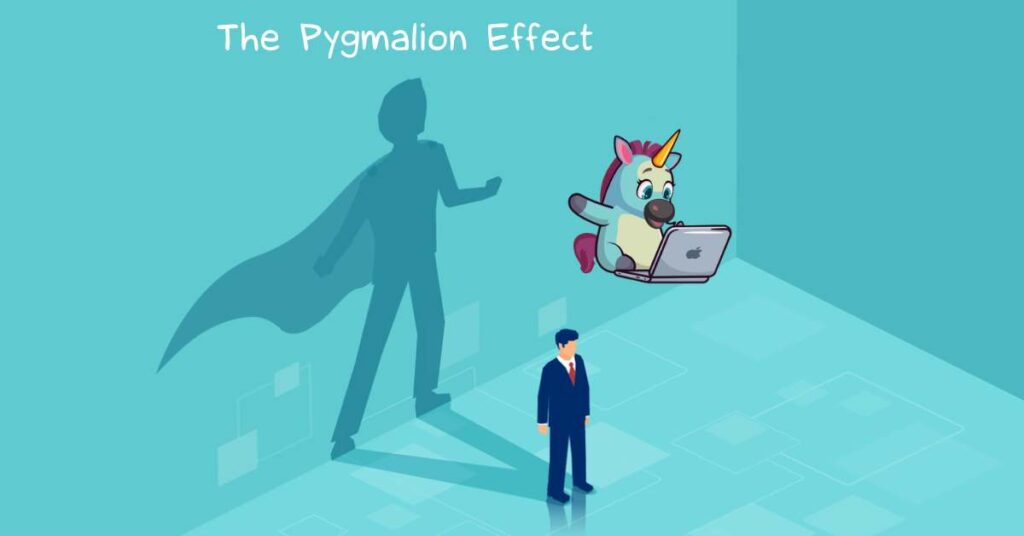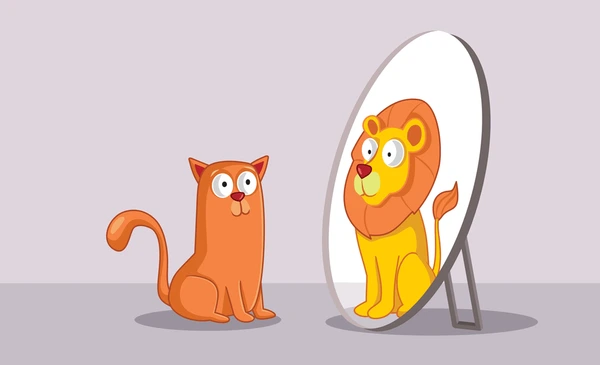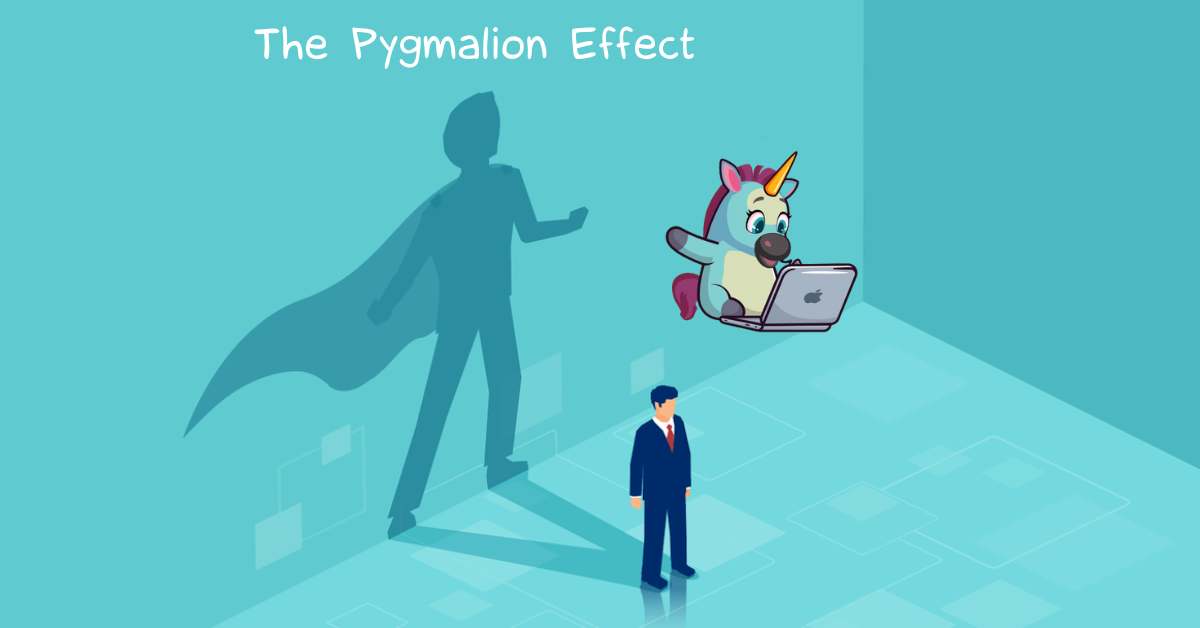
Have you ever noticed how a teacher’s belief in a student’s potential magically boosts their performance?
It’s not magic, it’s psychology.
This phenomenon, where expectations influence outcomes, is known as the Pygmalion effect – and it’s not just limited to the classroom.
But hold on…
How exactly do others’ expectations of us become self-fulfilling prophecies, and how can this principle be used in business and personal growth?
The psychology of expectations and performance.
This powerful principle suggests that when we hold positive expectations about someone’s abilities, they’re more likely to rise to meet those expectations.
Innovative leaders and educators use this bias to boost performance and unlock hidden potential in others.
It’s as if our brains whisper, “They believe in you, so you must be capable of greatness!“
🧠 The Psychology behind the Pygmalion Effect

At its core, it’s about self-perception and motivation.
When someone believes in our potential, it affects our self-esteem and confidence.
This belief triggers a cascade of positive behaviors and attitudes, leading to improved performance.
Simultaneously, the expectation of success releases dopamine, creating a rewarding sensation reinforcing effort.
This psychological feedback loop can override self-doubt, explaining why high expectations often lead to high achievement.
Leaders leverage this by creating environments that communicate high expectations and programming our mental software for success.
It’s like our brains say, “They see greatness in you – time to prove them right!“
💼 How to Use the Pygmalion Effect in Your Marketing Campaigns

Ready to use the power of expectations in your marketing?
Here’s how you can apply it:
- Craft aspirational messaging. Create ads that show customers achieving their goals with your product or service.
- Use customer success stories. Highlight real people who’ve exceeded expectations using your offerings.
- Implement progress tracking features. If applicable, let customers visualize their improvement over time.
- Offer personalized goal-setting. Help customers set ambitious but achievable targets related to your product.
- Create a community of high achievers. Showcase your most successful customers to inspire others.
Remember, authenticity is crucial.
Your marketing should genuinely believe in your customers’ potential.
Don’t oversell or make false promises – it’ll backfire.
🐐 Pygmalion Effect Marketing GOATS

Ready to see the Pygmalion effect in action?
Peloton’s “It’s You. That Makes Us”
Launched in 2020, this campaign celebrates users’ potential, positioning them as the heroes of their fitness journeys. It contributed to a 172% year-over-year growth in connected fitness subscriptions in Q1 2021.
Airbnb’s “Belong Anywhere”
Introduced in 2014, this campaign taps into users’ desire for authentic travel experiences. It helped Airbnb grow from 6 million guests in 2013 to over 100 million by 2017.
Dollar Shave Club’s “Our Blades Are Fkng Great”
This bold 2012 campaign set high expectations for an affordable product. Within 48 hours of launch, 12,000 people had signed up, overwhelming their servers.
Squarespace’s “Make It”
Launched in 2017, this campaign empowers users to create professional websites. It contributed to a 41% year-over-year revenue increase in Q4 2017.
Duolingo’s “Learn a Language for Free. Forever.”
This ongoing campaign sets the expectation that anyone can become multilingual. It’s helped Duolingo become the world’s most popular language-learning platform, with over 500 million downloads as of 2021.

💡 The Pygmalion Effect Takeaway
The Pygmalion effect isn’t just theory – it’s a powerful tool for growth.
Use it wisely, setting high but attainable expectations.
When applied correctly, it can boost performance and unlock potential.
So go ahead, believe in your team’s greatness – and watch them soar!


Leave a Reply